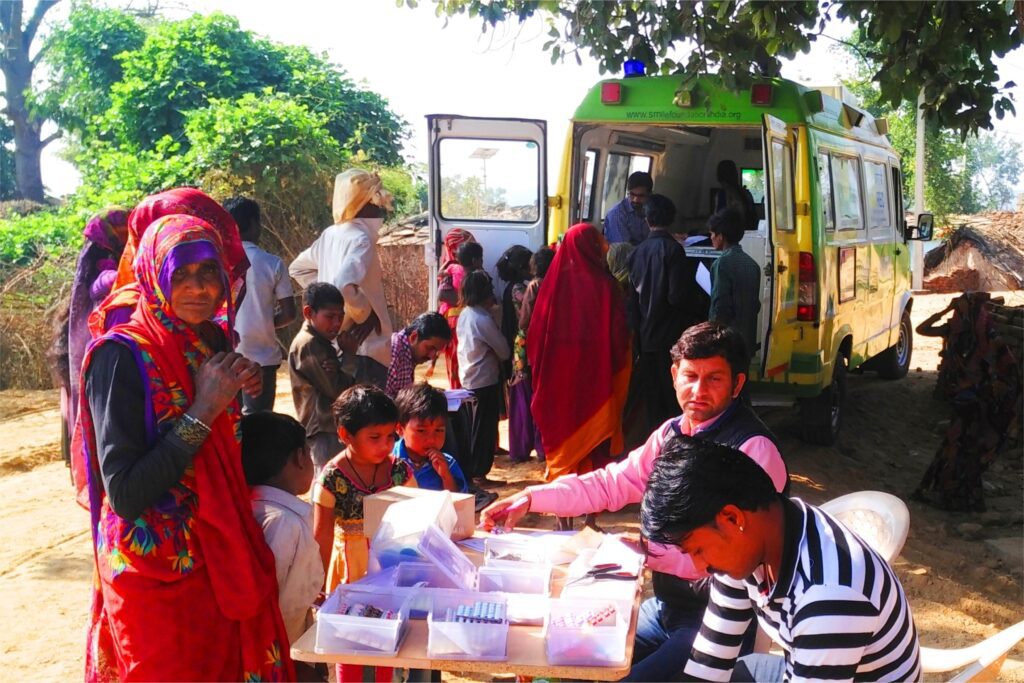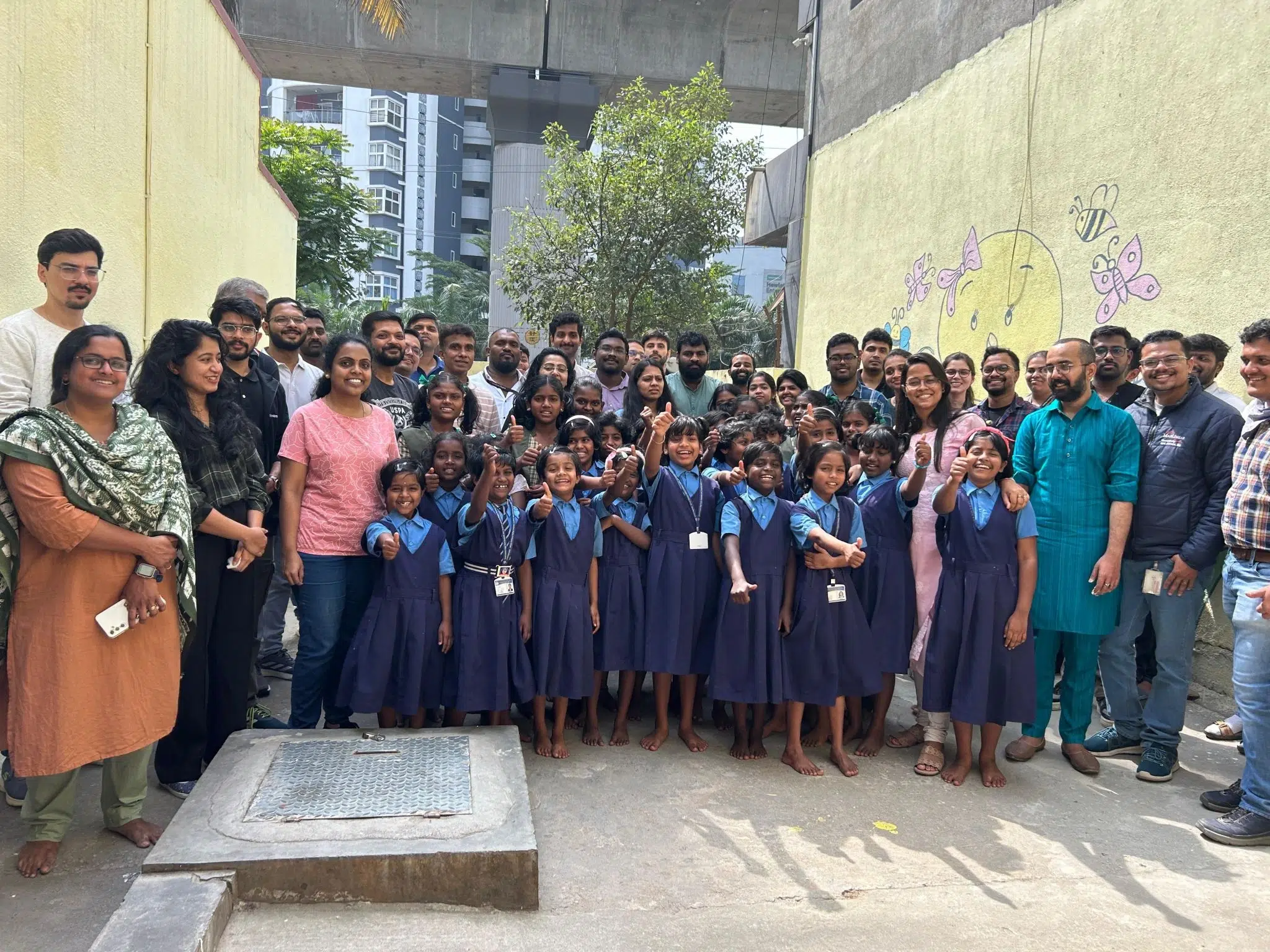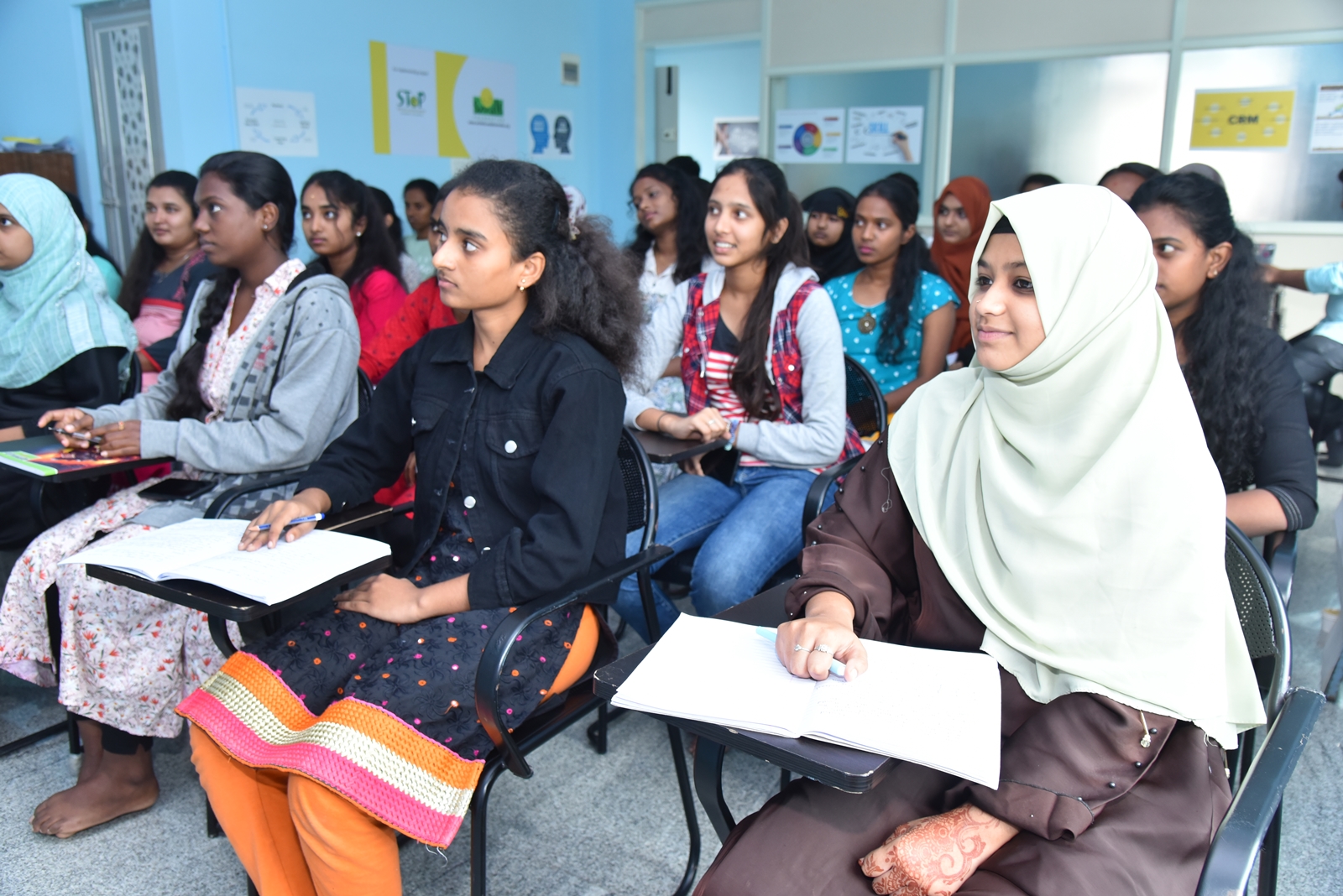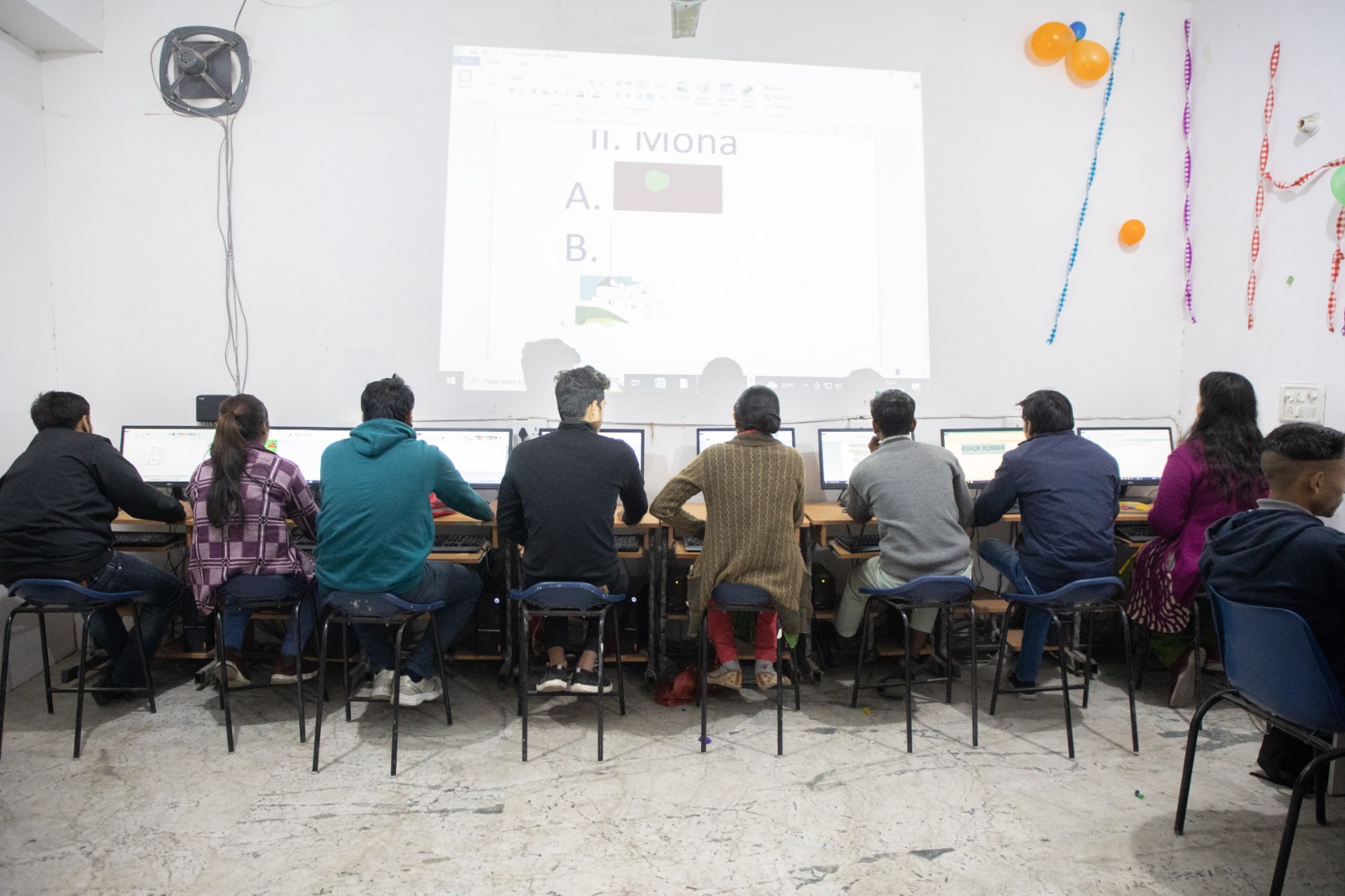To greet me, Suman came out of the house carrying her 3-month-old baby in a gray shawl. They live in the remote village of Godhan, 218 kilometres away from Bhopal in the rural district of Ashok Nagar (Madhya Pradesh).
Godhan village is located in Chanderi Block of Ashok Nagar, where access to primary health services is extremely limited, especially for expecting mothers. Aside from limited services, majority of the villagers in Chanderi uphold the belief that traditional birth attendants, who usually have never received formal medical training, are a better option than experienced midwives in a nursing home or health centre.
Very few women in Godhan or other villages in the district give birth in a health facility. The risk of infant and maternal deaths associated with home births increases 2-3 times than the risks associated with planned hospital births. Even though the villagers have witnessed disastrous complications in poorly assisted home births, they rarely prefer visiting hospitals during pregnancy, due to myriad reasons – lack of awareness, extreme poverty, and remoteness.
Suman explains, “I learned about the risks of giving birth at home from the volunteers and health workers of Smile on Wheels. I was concerned about giving birth safely, so I went to the referred health centre for regular check-ups.”
Volunteers and the frontline health workers of Smile Foundation under Smile on Wheels (Ashok Nagar project) gave Suman critical information on pregnancy and early childhood. The education Suman received is part of the Maternal Health Programme that Smile on Wheels project in Ashok Nagar covers. Smile on Wheels project was launched in Chanderi block of Ashok Nagar in 2013 with RECL’s support. The project is implemented in 20 villages of the block, benefiting more than 55,500 people every year.
The Maternal Health Programme is designed to increase knowledge among pregnant women and lactating mothers and caregivers on appropriate care during pregnancy, safe delivery and postnatal care; as well as demand for quality services. The health workers on ground who educate mothers and caretakers on maternal and child health provide an invaluable bridge between the community and the healthcare system. This is because the volunteers are equipped with the essential knowledge on birth registration, maternal, newborn and child health, immunization and nutrition (including breastfeeding and micro-nutrient supplementation).
Suman explains, “Smile on Wheel’s staff advised me to give birth at the referral hospital because it was my first pregnancy. They said that the referral hospital had appropriate equipment for delivering in case I had an emergency. The team carried out follow-ups in every 15 days and ensured safety for me and my child.”
After participating in community parenting sessions, a component of the Maternal Health Programme, Suman chose to deliver her baby girl at the referral hospital in Chanderi.
Like Suman, 1457 women from 20 villages in Chanderi have received Antenatal and Postnatal care in the last two years. Infants were born safely at the local health centre and using traditional birth attendants have reduced, resulting in a significant decrease in the number of infant and maternal deaths.









